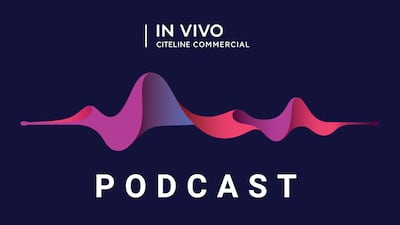In this issue, we present another installment of our quarterly review of dealmaking—for July-September 2002. Our data comes from Windhover's Strategic Transactions Database, which covers deal activity within the pharmaceutical/biotechnology, medical device, and in vitro diagnostics industries.
Some notes about our coverage: we limit our review to human health care (thus no animal health or agricultural transactions);...
Welcome to In Vivo
Create an account to read this article
Already a subscriber?







